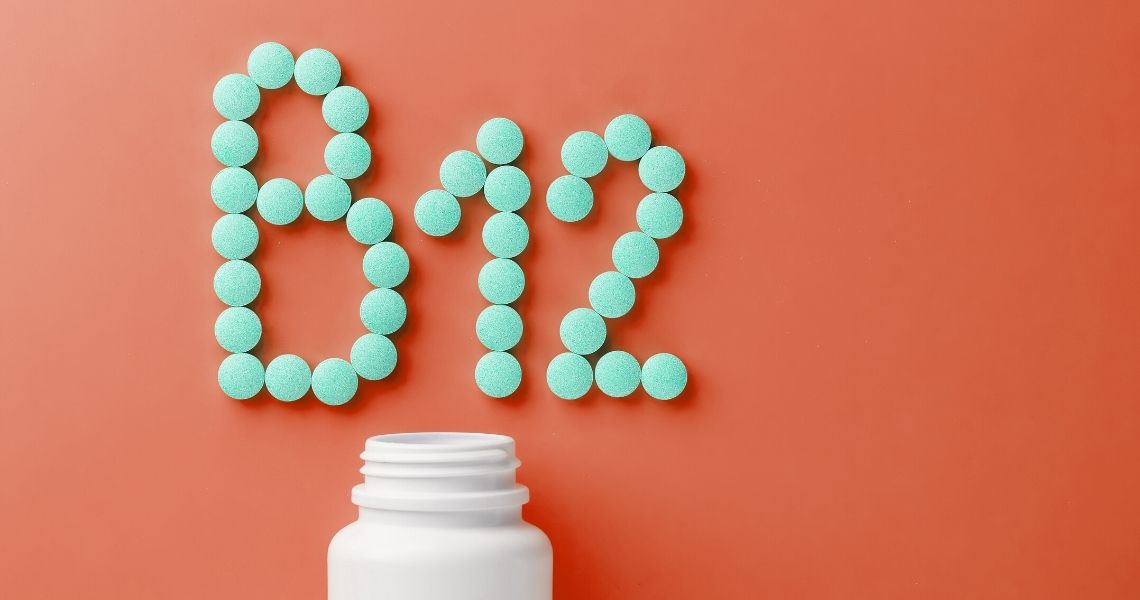Vitamin B12 Deficiency
Vitamin B12 deficiency is a treatable condition that can happen if you are not consuming enough vitamin B12 in your diet or if your body is not absorbing it properly. Vitamin B12 deficiency can cause psychological, neurological and physical symptoms. It can be treated with vitamin B12 medications.
Many people follow a meat-free diet, which makes it difficult to get the required amount of Vitamin B12 daily. Vitamin B12 deficiency happens when your body is either not getting enough or not absorbing enough vitamin B12 from the food that you eat that it needs to function properly. Vitamin B12 is an important nutrient that helps your body make red blood cells and DNA, the genetic material in all of your cells.
“The best source of B12 is animal products like eggs and meat, especially organ meat,” says UK-based dietician Lola Biggs. “Relying on a plant source of B12 is possible, but it is hard, so if you follow a vegetarian or vegan diet it’s important to get a blood test to check your B12 levels.”
Classic symptoms of a B12 deficiency can include headache, tiredness and irritability.
What does Vitamin B12 help in?
Vitamin B12 does a lot of things for your body. It helps make your DNA and your red blood cells, for example.
Since your body doesn’t make vitamin B12, you have to get it from animal-based foods or from supplements. And you should do that on a regular basis. While B12 is stored in the liver for up to 5 years, you can eventually become deficient if your diet doesn’t help maintain the levels.
The answer depends on things including your age, your eating habits and medical conditions, and what medications you take.
How Much Should You Get?
The average recommended daily amounts, measured in micrograms (mcg), vary by age:
Infants up to age 6 months: 0.4 mcg
Babies ages 7-12 months: 0.5 mcg
Children ages 1-3 years: 0.9 mcg
Kids ages 4-8 years: 1.2 mcg
Children ages 9-13 years: 1.8 mcg
Teens ages 14-18: 2.4 mcg (2.6 mcg per day if pregnant and 2.8 mcg per day if breastfeeding)
Adults: 2.4 mcg (2.6 mcg per day if pregnant and 2.8 mcg per day if breastfeeding)
Boosting Your B12
A serious vitamin B12 deficiency can be corrected two ways: weekly shots of vitamin B12 or daily high-dose B12 pills. A mild B12 deficiency can be corrected with a standard multivitamin.
In many people, a vitamin B12 deficiency can be prevented. If you are a strict vegetarian or vegan, it’s important to eat breads, cereals, or other grains that have been fortified with vitamin B12 or take a daily supplement. A standard multivitamin delivers 6 micrograms, more than enough to cover the average body’s daily need.
For now, it’s best to get enough vitamin B12 to prevent a deficiency, and not look to it as a remedy for what ails you.


Leave a Reply